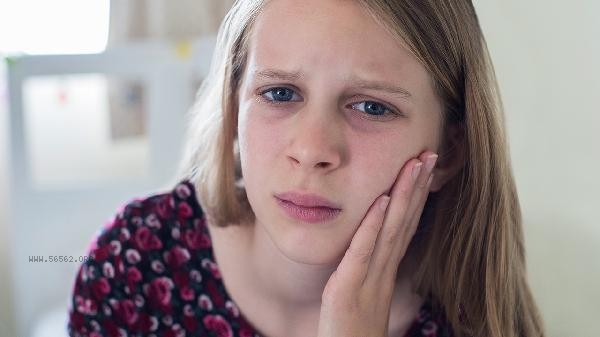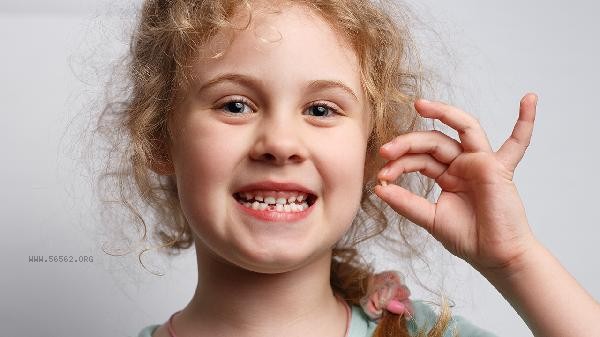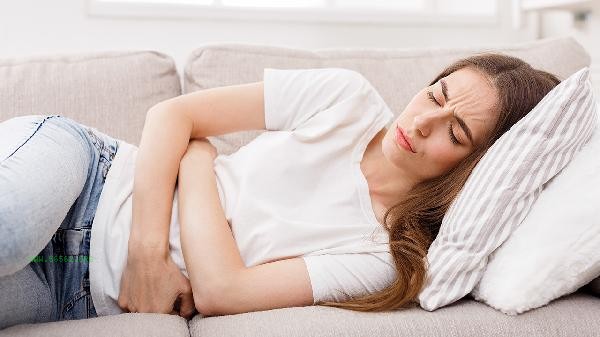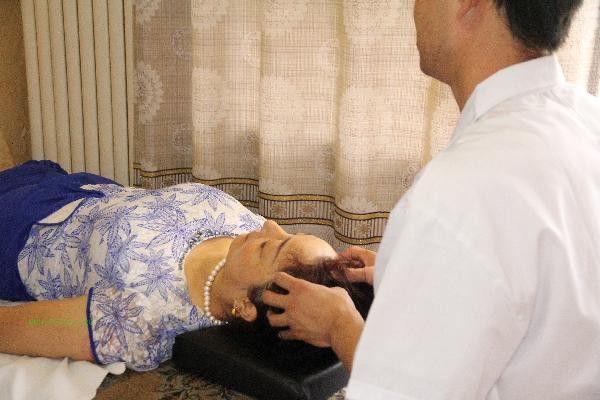Children with excessive sweating at night can be improved by adjusting their sleep environment, replenishing water, investigating disease factors, traditional Chinese medicine treatment, and medication intervention if necessary. Overnight sweating may be related to physiological factors or pathological factors such as vitamin D deficiency, tuberculosis infection, hyperthyroidism, hypoglycemia, etc.

1. Adjust the sleeping environment
Keep the bedroom temperature at 20-24 degrees Celsius, choose breathable cotton pajamas and bedding, and avoid excessive wrapping. Parents should regularly open windows for ventilation, control humidity at 50-60%, and turn off electronic devices one hour before bedtime to reduce excitement and stimulation. Air conditioning can be used appropriately in summer but avoid direct blowing, and heating equipment should not overheat in winter.
2. Supplement Water
Ensure sufficient water intake during the day and drink 100-150 milliliters of warm water 2 hours before bedtime. Avoid drinking sugary drinks or milk before bedtime, wipe with warm water and change clothes promptly after sweating. Parents can prepare straw cups to be placed at the bedside for their children to hydrate in small amounts at night.
3. Investigating disease factors
Vitamin D deficiency may be related to excessive sweating accompanied by occipital alopecia and craniosynostosis, and serum 25 hydroxyvitamin D levels need to be tested; Tuberculosis infection is often accompanied by low-grade fever and weight loss, and requires PPD testing; Hyperthyroidism may cause palpitations and weight loss, and thyroid function needs to be checked; Hypoglycemia often occurs in the early morning and can be monitored for nighttime blood sugar. Parents are advised to record their child's sweating time, accompanying symptoms, and triggers for the doctor's reference.

4. Traditional Chinese Medicine Treatment
Yupingfeng Granules can be used for lung health deficiency type, Zhibai Dihuang Pills can be used for yin deficiency and fire excess type, and Baohe Pills are recommended for spleen stomach heat accumulation type. Tuina can choose techniques such as tonifying the spleen meridian and massaging two people on horseback, three times a week, in combination with spinal therapy. Recommended dietary therapy: 30g floating wheat and 5 red dates can be boiled in water as a tea drink. For those with severe night sweats, 15g calcined oysters can be added.
5. Medication Intervention
Diagnosed with vitamin D deficiency can take vitamin D3 drops. For tuberculosis infection, isoniazid tablets combined with rifampicin capsules are needed. For hyperthyroidism, methimazole tablets are commonly used. For hypoglycemia, adjust diet and prepare glucose oral solution. All medications must be used under the guidance of a doctor, and parents are not allowed to administer them on their own.

It is recommended to increase outdoor activity time and ensure 1-2 hours of sunshine every day to promote vitamin D synthesis. Pay attention to calcium supplementation in diet, and consume 300-500 milliliters of milk or equivalent dairy products daily. Avoid vigorous exercise or high protein diet before bedtime and establish a regular sleep routine. If excessive sweating persists for more than 2 weeks or is accompanied by symptoms such as fever and weight loss, timely medical attention should be sought to complete blood routine and trace element tests. Parents need to regularly monitor their children's growth and development curves, record changes in sleep and sweating.







Comments (0)
Leave a Comment
No comments yet
Be the first to share your thoughts!